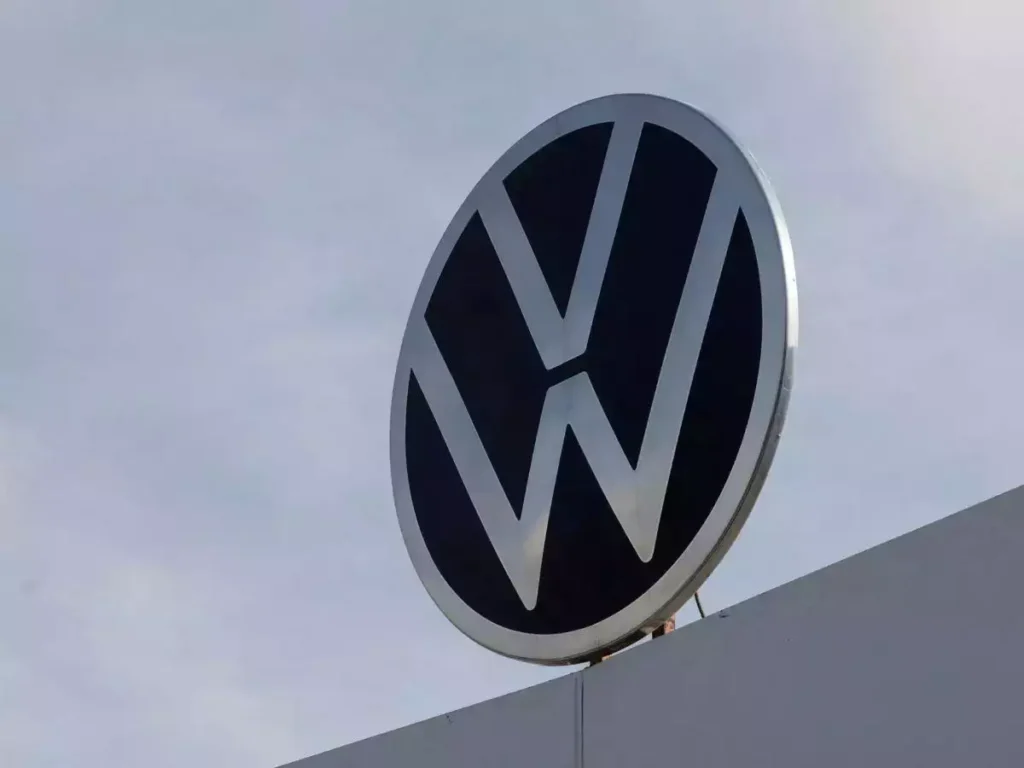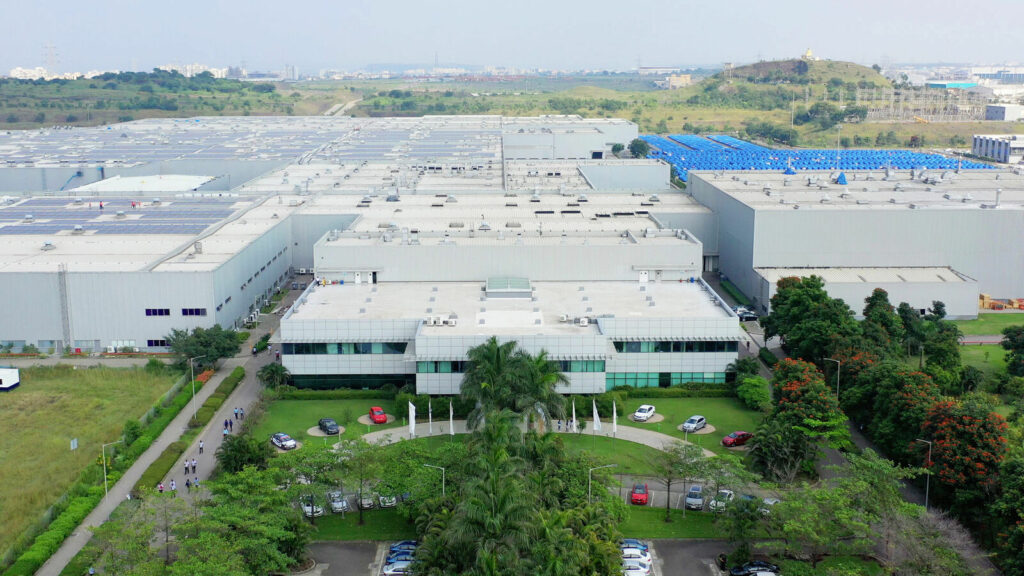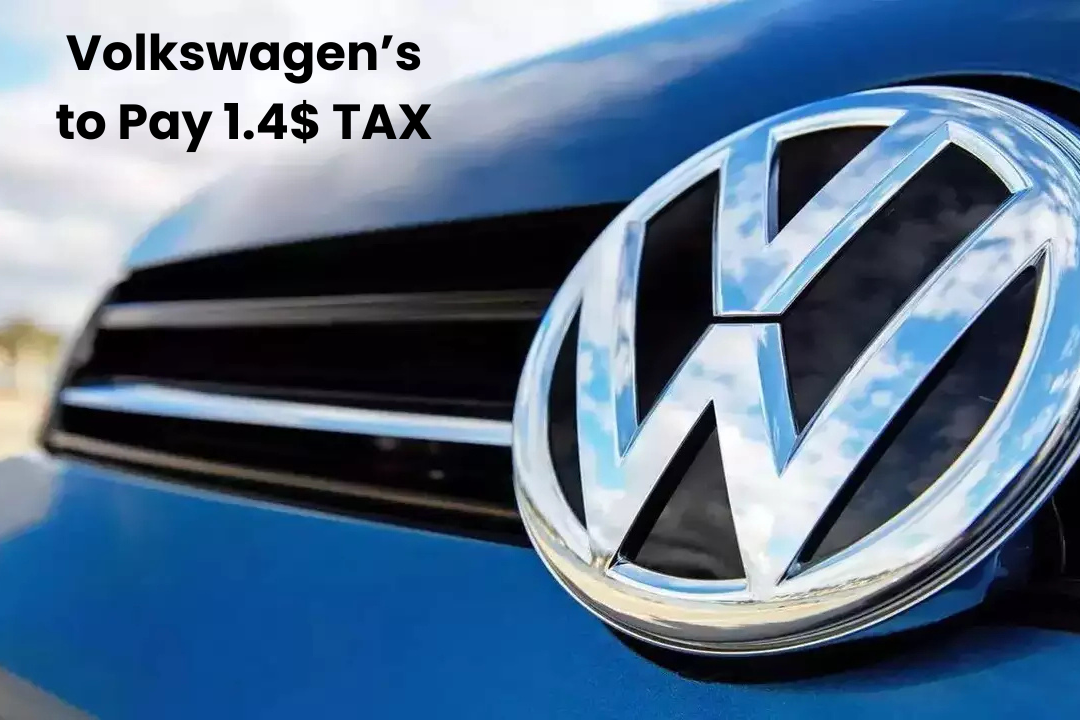Volkswagen has been charged by the Indian tax authorities with pretending to be a victim in a $1.4 billion tax dispute that is currently pending before the Bombay High Court. A substantial ₹12,000 crore tax demand against the auto giant is at the center of the lawsuit, which began its second day of hearings on Thursday.

Volkswagen’s Argument: Delayed Action & Unfair Impact
Volkswagen has vehemently protested the tax notice, claiming that the government took too long—14 years—to proceed. The business argues that the 2024 notice is based on a 2011 order, which puts them in a challenging situation because they are no longer able to pass the tax responsibility on to customers.
Volkswagen said that they might have changed their pricing approach or even reevaluated their business operations in India entirely if the tax authorities had given them clarification back in 2011.
Volkswagen further maintains that it was entitled to a lower tax rate of 5% to 15% at the time, as confirmed by a clarification it got from the Revenue Secretary. They contend that this strengthens their case against the astronomical tax demand.
Tax Authorities Push Back: Volkswagen’s Alleged Tax Evasion
Volkswagen’s allegations have been denied by the tax department, which charges the business with intentionally evading its tax duties by posing as a victim. Officials contend that Volkswagen was had to comply with the 2011 regulation, which required greater tax payments, and that the corporation is not exempt from its obligations owing to the enforcement delay.
Spotlight on Volkswagen’s Aurangabad Plant
Particularly, Volkswagen’s Aurangabad plant, which produces a number of high-end automobile models, has been inspected by tax authorities. The majority of car components are imported, and the plant adds less than 3% of local value, according to the department. In light of this, authorities maintain that the tax demand fairly depicts Volkswagen’s true obligations

Competitors Paid Higher Taxes
The department also noted that other automakers, including Mercedes, Volvo, Kia, and Maruti, had fully complied with the 2011 tax regulations, paying rates ranging from 30% to 35%. The court case is scheduled to recommence on Monday after both parties have made their preliminary arguments.





